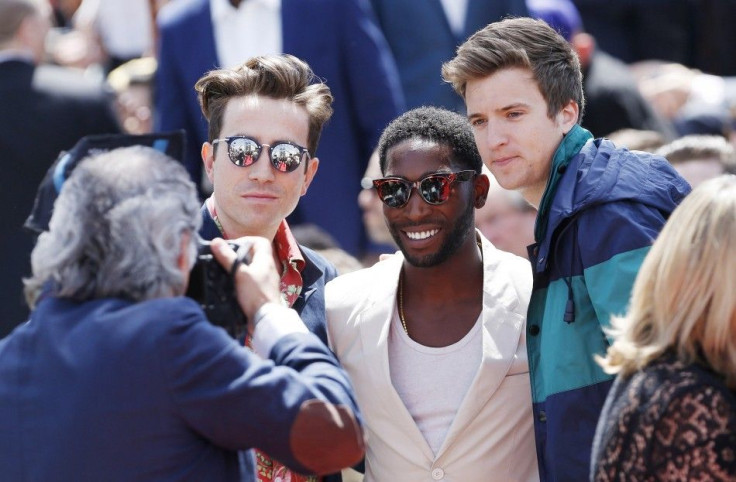Ofcom Makes Available 10 New Digital Radio Stations in UK

Ofcom, the broadcast media regulator in the UK, just approved 10 new digital radio stations. It is the result of the auction of a second national digital radio multiplex seven years since the regulator made the first multiplex available.
A Channel 4-led consortium won the first auction, but the multiplex wasn't launched due to lack of demand. Digital One, the first commercial radio multiplex, rolled out in 199 and is operated by broadcaster Arqiva. Media giant BBC has its own multiplex.
As of 2012, digital radio had a 36.6 per cent share of listeners, in contrast with digital TV, which had 100 per cent viewer share in the same year. But when BBC tried to shutter 6Music, its digital station, it turned out its DJs, including Lauren Laverne, had a loyal following.
The UK has the world's largest digital radio network with 103 transmitters, two national DAB ensembles and 48 local and regional DAB ensembles broadcasting in more than 250 commercial and 34 BBC radio stations.
Although there has been an increase in uptake of DAB in the UK since the 1995 launch of BBC's national DAB ensemble due to lower prices, new radio stations and marketing, there are criticisms of DAB because of its lower audio quality compared to FM. However, a recent Ofcom survey found that 94 per cent of DAB listeners think it was at least as good as FM.
Besides digital radio, more than 350 radio stations in the UK also stream their stations online, indicating that the British broadcasting industry is adapting to the times by tapping more technology to bring news, entertainment and music to its audience.
Another technology used by British broadcasters such as BBC is a platform from Audioboom Group PLC (LSE: BOOM.L), a London-based publicly listed company.
Audioboom offers a Software as a Service platform that allows straightforward upload or download of content. It has positioned itself as the global leader in spoken audio content, or the audio equivalent of the YouTube, the most popular video-sharing site.
The firm is the provider of social media platform for audio producers to record either live or from the studio, upload and share audio by syndication and social media sites such as Twitter and Facebook.
Audioboom currently has about 2,000 content channels from the initial 19 channels during the platform's launch in March 2013, said Rob Proctor, company CEO. At present, Audioboom has 2.5 million registered users and 12 to13 million monthly active users across platforms.
Audioboom counts as its global major partners, using its apps, embeds and custom publisher solutions, BBC, Sky Sports, Bauer, Absolute Radio, The Guardian, Universal, Aljazeera, Polydor, The Telegraph and Oxfam.





















